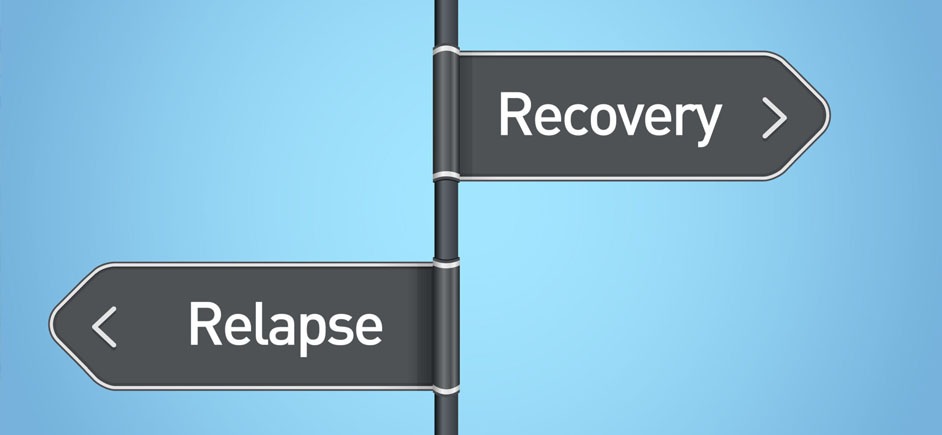Road to Recovery: Relapse Protection

Recovery, like any other journey, includes a few bumps in the road; some are minor, some are monumental. Developing an effective relapse prevention plan can help you manage the bumps, the sharp left turns and traffic jams that are a natural part of life and recovery.
The Three Stages of Relapse
Emotional Relapse
The first stage, emotional relapse, refers to the point in recovery when you may not be thinking about returning to substance abuse but are struggling to deal with overwhelming emotions, cravings and withdrawal symptoms. These conflicting emotions can set a person up for a fall later.
Mental Relapse
Mental relapse happens when recovering addicts reconsider substance abuse, reconnecting with toxic acquaintances and repeating certain patterns of their past behavior.
Physical Relapse
The final stage, physical relapse, refers to the point at which the urge to use becomes too strong and former addicts return to their habit. This stage of relapse is much harder to recover from and can lead to substance abuse treatment having to start from the beginning again so that they may relearn the control of destructive behavior.
Relapse Prevention Planning
Upon completion of your initial treatment plan, Valley Hope helps you make the best start on the road to recovery, developing stepdown treatment plans such as Intensive Outpatient (IOP) and connecting you with support programs including Continuing Care, AA and NA. Naturally, these efforts can increase your chances of staying sober, with each piece of additional treatment and support only strengthening your stand against relapse.
In addition, the role of family in recovery is particularly important; a supportive family can make the difference between recovery and relapse. Family members need to get involved in their own recovery from codependency. Then, recovering people and their families can work together as a team to recover together and avoid future relapse.
A recovery plan is a schedule of activities that puts people in recovery into regular contact with people who will help them to avoid addictive use, work a recovery program and help them to identify and manage relapse warning signs.
By exploring their substance abuse motivations, and by being completely honest with themselves and their family, an individual can eliminate high-risk situations and factors from their life, vastly reducing their risk.
It is important on the Road to Recovery to remember that recovery provides the opportunity to change your life in incredible, powerful and hopeful ways – make every effort to leverage your ongoing support community and recovery plan to stay focused on your journey and avoid relapse.
